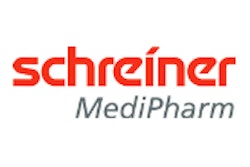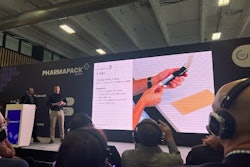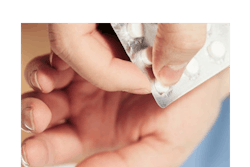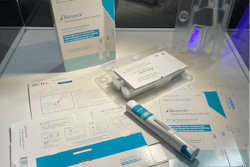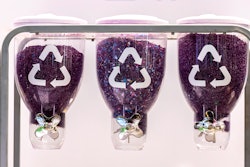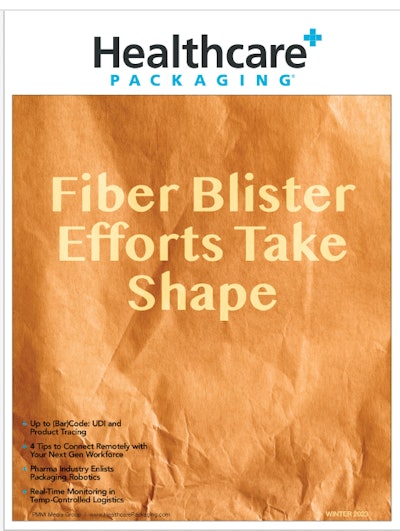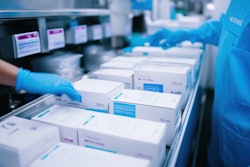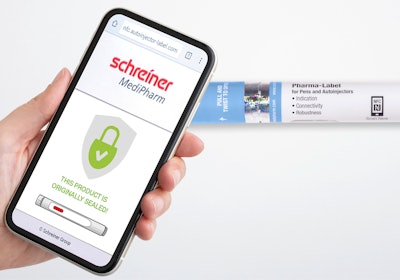
This content was written and submitted by the supplier. It has only been modified to comply with this publication’s space and style.
Schreiner MediPharm, a Germany-based global provider of innovative functional label solutions for the healthcare industry, has introduced NFC-Labels that offer an added layer of protection against counterfeiting for self-administered injectable drugs: simple, reliable smartphone authentication leading to an especially secure solution. In addition to the assurance provided by point-of-use verification, the NFC-Labels also enable interactive patient instruction and support.
Schreiner MediPharm’s latest solution addresses the growing trend of self-administration via pens and autoinjectors, as well as the ongoing issue of expensive and high-demand pharmaceuticals being particularly attractive targets for counterfeiters. While traditional sealing solutions and overt authentication features offer patients a degree of protection and reassurance against potential counterfeit drugs, digital features considerably enhance both patient trust and overall security. The NFC-Labels contain integrated chips with an encryption function whose codes can neither be faked nor manipulated. End users need only hold their smartphones against the NFC-Label to check the product’s authenticity, a process that takes just a few seconds.
 While the NFC-Label is being read, the smartphone clearly indicates if the injection device has been previously opened.
While the NFC-Label is being read, the smartphone clearly indicates if the injection device has been previously opened.
Schreiner MediPharm’s new NFC-Labels also offer digital first-opening indication. The labels wrap around part of the cap of the pen or autoinjector, prompting an irreversible digital sealing function to complement digital authentication. During the smartphone scanning process, an automatic check is performed to verify that the product is still intact and has not been previously opened. In addition to elevated product safety, NFC technology enables tracing of gray market activities; this allows pharmaceutical manufacturers to monitor their supply chain, and provides patients with additional security.
Owing to a particularly robust label design that protects the integrated chip against mechanical stress and potential functional failure, the NFC-Labels can easily be integrated into existing pharmaceutical production processes. Full NFC functionality is preserved even in high-speed labeling applications, enabling reliable reading of the chip data during the entire drug product lifecycle.



